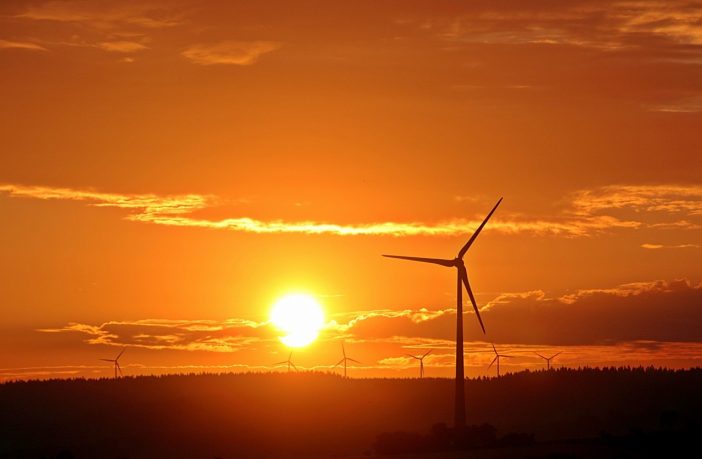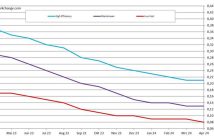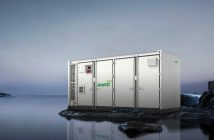- Nuclear technology off the table for now
- Increase in capacity allocation for renewables expected
- Implementation expected without further delays
South Africa’s Energy Minister, Mr Jeff Radebe, will be submitting the country’s Revised Integrated Resource plan to Parliament for public comment by the end of this week. The much-awaited plan will provide clarity in terms of capacity allocation for energy production plus a roadmap on expected supply and demand leading up to 2030 and beyond.
The period for public comment is said to be brief in a bid to end the ongoing IRP delays that have been mired in controversy and litigation under the previously Zuma led government. The revised IRP is expected to be balanced across all energy production technologies with the exception of nuclear technology.
South Africa’s President, Mr Cyril Ramaphosa recently held bilateral talks with Russian President Vladimir Putin at the BRICS summit where it was communicated that South Africa’s current economic constraints will not allow the country to continue with the planned nuclear build program.
The revised IRP will also bring an end to the uncertainty of the country’s Renewable Energy Independent Power Producer Program. The 2016 revised plan allocated 37 400 MW to wind between 2020 and 2050. Solar PV was allocated 17 600 MW for the same period. At the time these allocations were to be added to the existing allocation of 13 GW of renewable energy by 2025 from the 2010 IRP. The allocations also limited wind to a maximum allocation of 1 600 MW per year while solar PV was allocated 790 MW.
It is widely speculated that the new IRP will see an increased capacity allocation for renewables in an effort to make up for lost ground and reduce capital outlay on any new build programs. In an open letter, Minister Radebe recently explained Independent Power Producers (IPPs) fund their own projects and bear all risks, including the loss of revenue should their plants be delayed or not perform as expected. Eskom does not pay the IPPs until they deliver electricity to the grid.
Trade unions NUM and NUMSA have raised concerns regarding job losses in the coal sector if ESKOM transitions from coal production to renewables. If their interests are not upheld, unlawful strike action and deliberate disruption may be on the cards which could delay IRP implementation.
The swing from nuclear to renewable energy will be in line with global trends. The move will go a long way in re-establishing much-needed investor confidence in ESKOM, South Africa’s state-owned utility.
Author: Bryan Groenendaal











